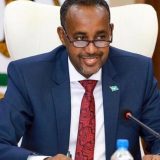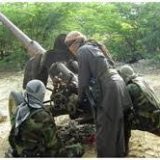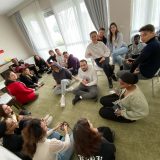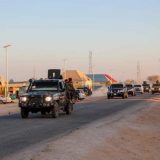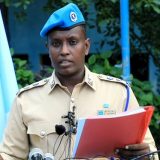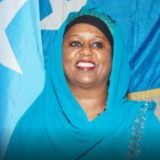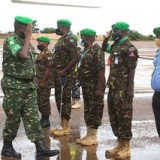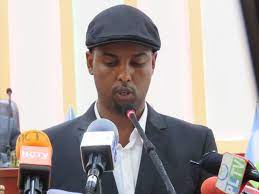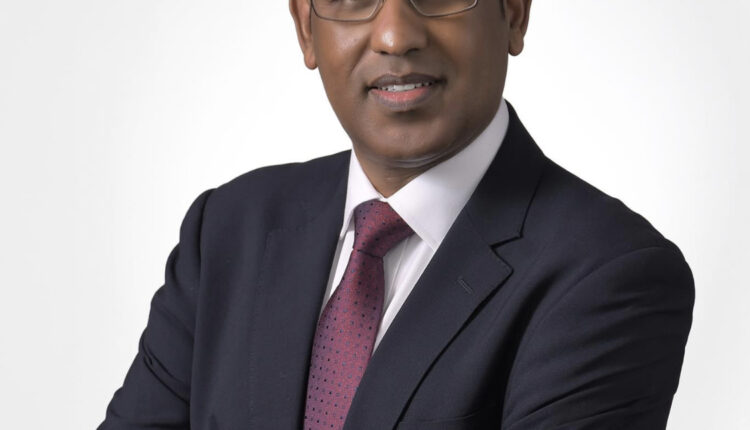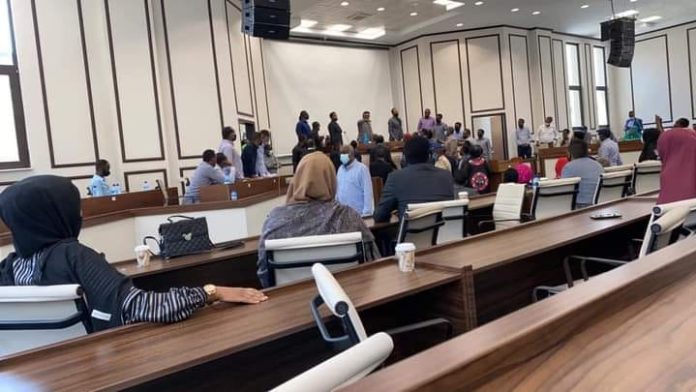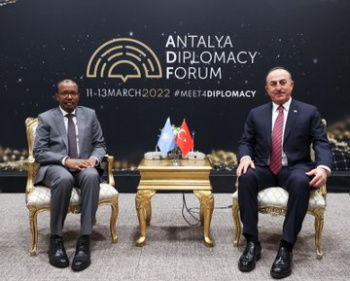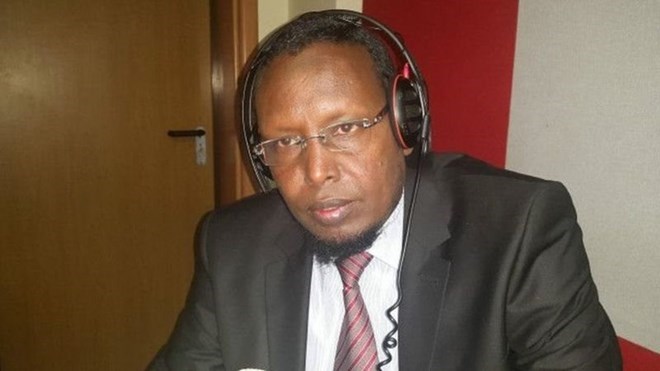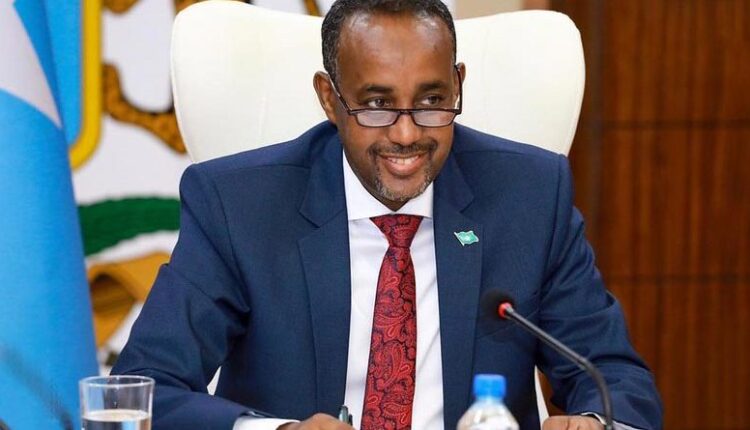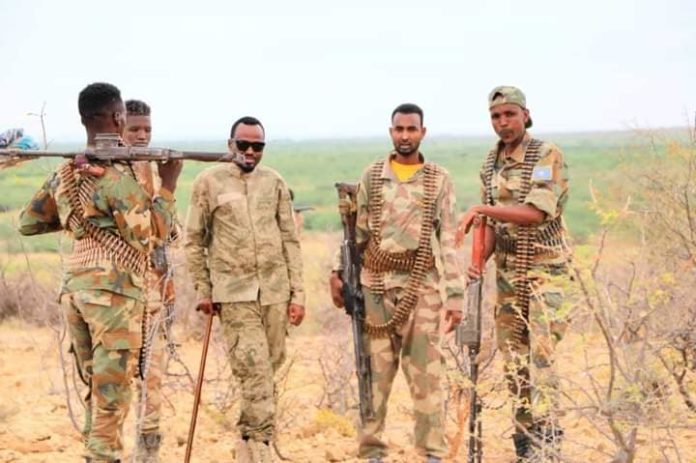Africa gone hostile; when your neighbour is baying for blood!
Last night, the Somali embassy said it was trying to trace its citizens and help them escape the violence. It has demanded urgent assistance from the Department of International Relations and Co-operation.
The Malawian government said it would be helping citizens living in South Africa to return to their homeland following the violence.
Malawian Information Minister Kondwani Nankhumwa said: “The situation is really tense as about 360 Malawians are stranded in South Africa following the xenophobic attacks there.”
Nankhumwa said the Malawian embassy in Pretoria had started processing temporary travel documents for its nationals. “Malawians targeted have lost everything, including their passports.”
It is unclear whether the Mozambican, Zimbabwean and Congolese government have similar plans.
Fresh attacks took place in KwaMashu, north of Durban, on Sunday and yesterday. Thousands of foreigners are in transit camps after three weeks of violence, in which five people are believed to have died.
Looting of foreign-owned shops continued last night. Earlier, police fired stun grenades to disperse a crowd of about 300 people in the Durban city centre apparently in search for foreigners.
International Relations and Co-operation spokesman Clayson Monyela declined to comment on the move by Malawi and Somalia.
Fears that the xenophobic violence will spread have been stoked by the statements of ANC leaders.
Human rights lawyers and political analysts yesterday criticised ANC secretary-general Gwede Mantashe for calling for the establishment of refugee camps for immigrants. They said his was a knee-jerk reaction.
Mantashe’s call is the latest labelled as inciting. Two weeks ago, Zulu King Goodwill Zwelithini reportedly told a moral regeneration gathering that foreigners should leave the country. He has denied the statements and denounced the violence.
Also in the past two weeks, President Jacob Zuma’s son, Edward, said South Africa was a ticking time bomb, with the risk of foreigners taking over.
And in an interview with Sowetan, Police Minister Nathi Nhleko – who is part of a team appointed by Zuma to address the xenophobic violence – said serious crimes were mostly committed by undocumented people.
Yesterday, Manthashe reportedly told News24 the attacks should be seen as ”Afrophobic”, not xenophobic: “. when African refugees walk in here they walk in here and go to townships predominantly and there’s a scramble for resources there and the tension takes the form of Afrophobia. I think it was a good gesture for us to say people must live naturally, but ultimately we must have refugee camps so that we can document people.”
Attempts to get further comment from Mantashe failed.
Experts say his calls are part of a government scheme to remove foreigners from the country, starting with the closure of refugee reception centres in Cape Town, Port Elizabeth and Johannesburg last year.
Ingrid Palmary, an associate professor at the Wits African Centre for Migration and Society, said “when the refugee reception centres were closed and moved to the borders, the suggestion from this was that this is the first step towards encampment”.
She said refugee camps were impractical and costly.
“One must remember that refugees and asylum seekers are only a small portion of those who move into the country. The majority of foreigners come on work, student or tourist visas.”
Palmary said countries with refugee camps had problems keeping people in the camps because of poor employment and education opportunities.
She said a big question was whether camps were constitutionally legal “as they will deprive people of their right of freedom of movement”.
Jacob van Garderen of Lawyers for Human Rights slammed the call for refugee camps.
“This call smacks of ostrich politics, where you stick your head in the sand and pretend the problem isn’t there,” he said. “One of the founding principles of the Refugees Act is local integration. An urban refugee policy benefits both the host community and refugees, allowing the country to benefit from the skills and expertise of refugees. It saves the country from setting up parallel infrastructure such as housing, water and sanitation and schools.”
Political analyst Shadrack Gutto said there was a lack of government leadership in tackling xenophobia. “This is a kneejerk reaction based on a lack of understanding. We need a clear understanding on foreigners because at the moment we have some [Europeans and Asians] whom we love and hug and others [African] whom we kick, beat, burn and hate.”
Last week, African Union Commission chairman Nkosazana Dlamini-Zuma raised concerns about the violence, with the AU demanding that the government take action.
‘Indian dog’ told ‘Leave or die’
Kwamashu hostel dwellers looting foreign-owned shops yesterday threatened and chased a reporter and photographer from The Times because “we do not want an Indian in our area”.
The men, who had been tearing down the steel awning of a supermarket that was looted on Sunday night, warned the photographer to leave the area because he was in the company of an Indian.
“We don’t want to talk to dogs, especially an Indian dog,” said a man brandishing a hammer.
The men – armed with crowbars, hammers, axes and a broken bottle – circled the pair and told them that they would be killed if they did not leave.
One of them made a hand gesture to show that the reporter’s throat would be slit if the two journalists did not leave.
Another – tapping the end of a crowbar on his palm – told the photographer that he had no right bringing an Indian into KwaMashu and that he would pay for it.


